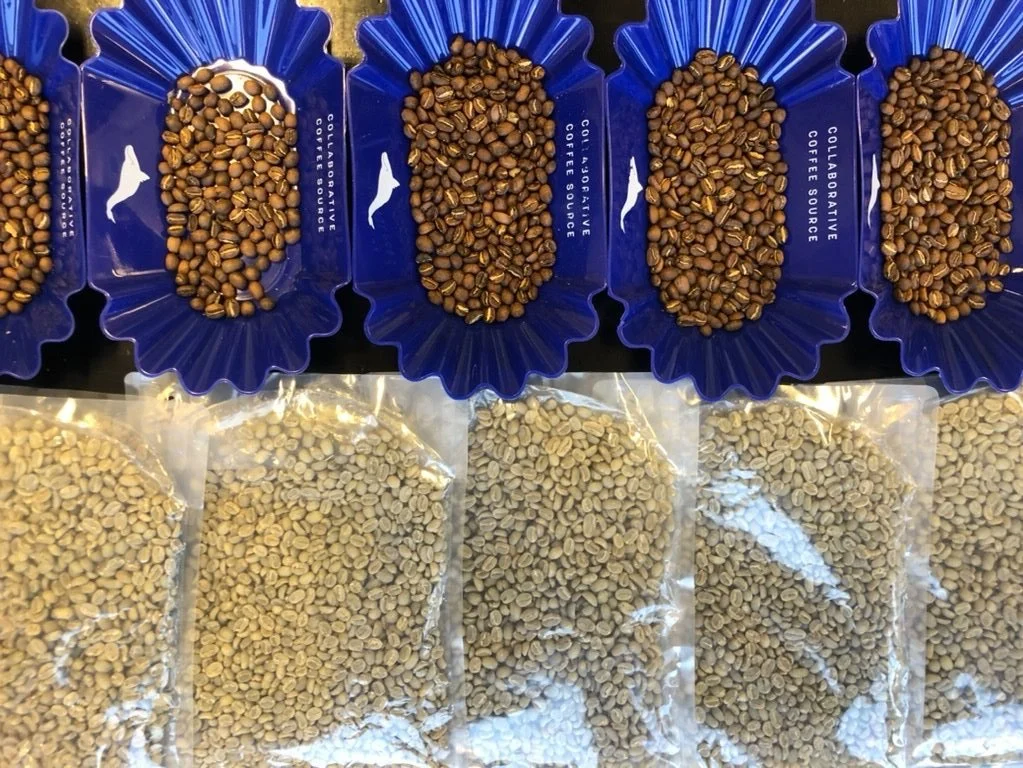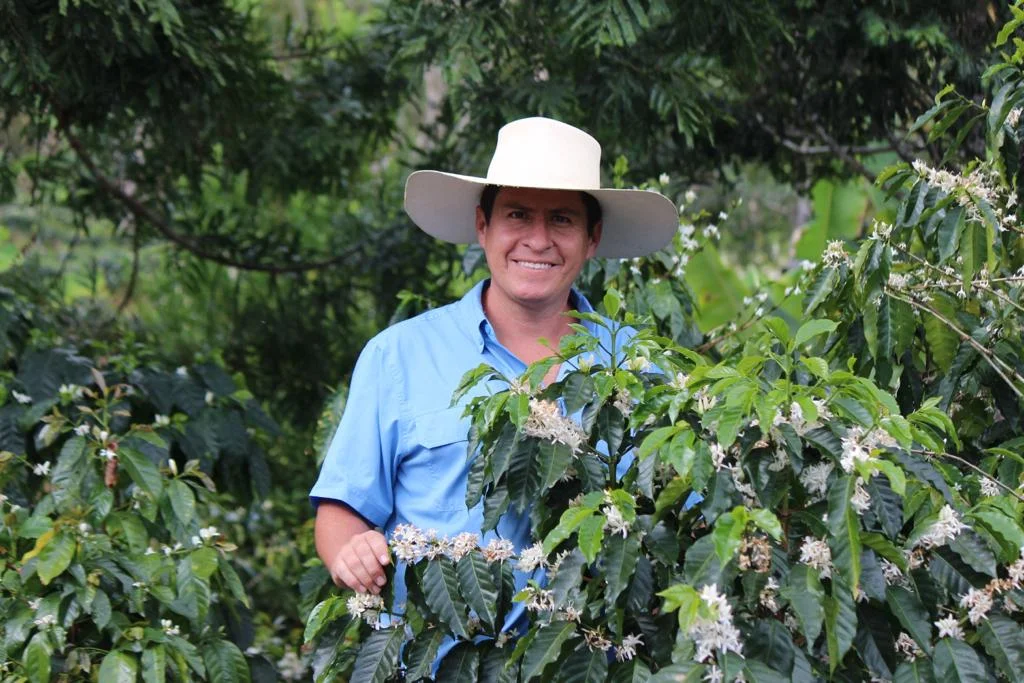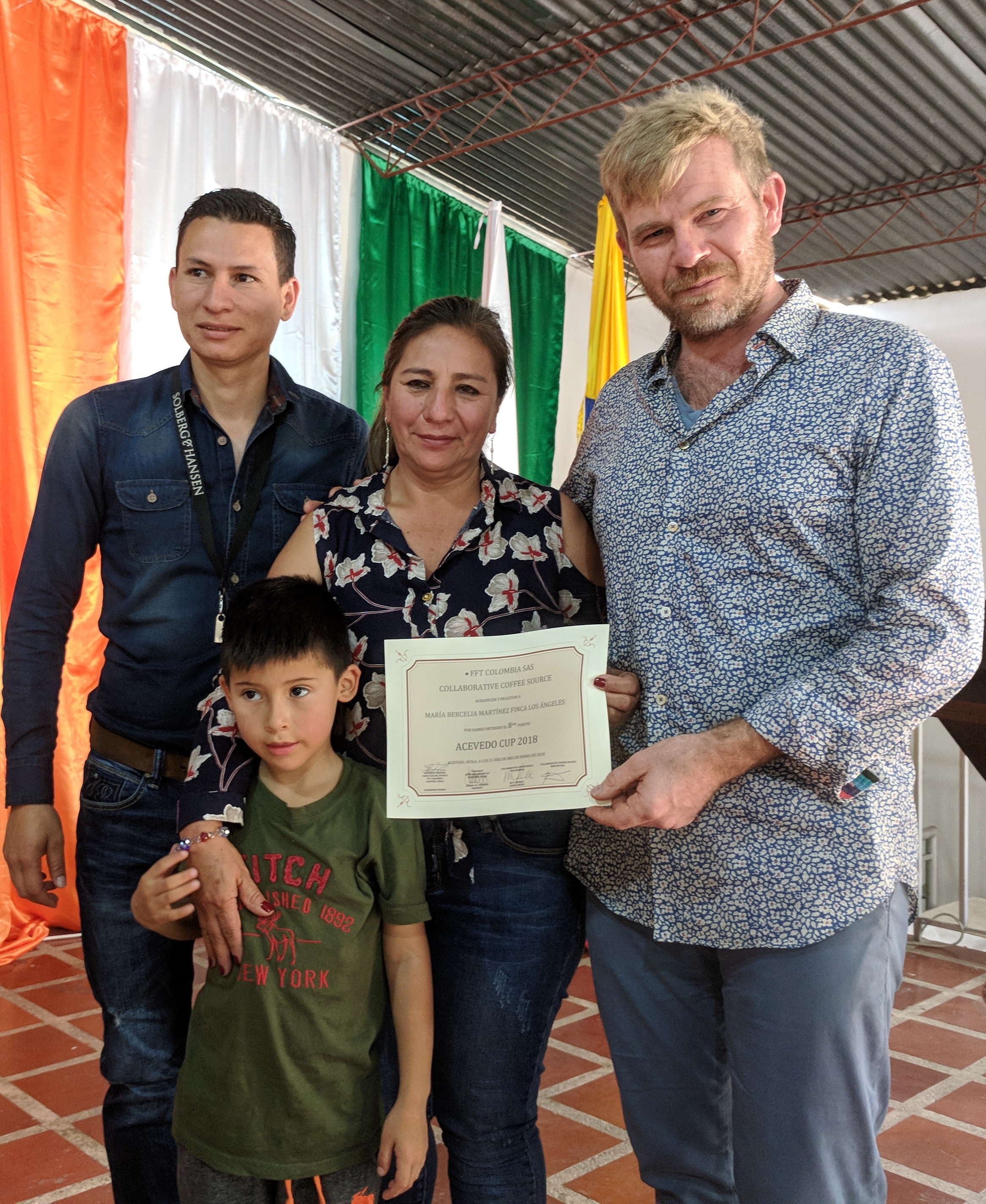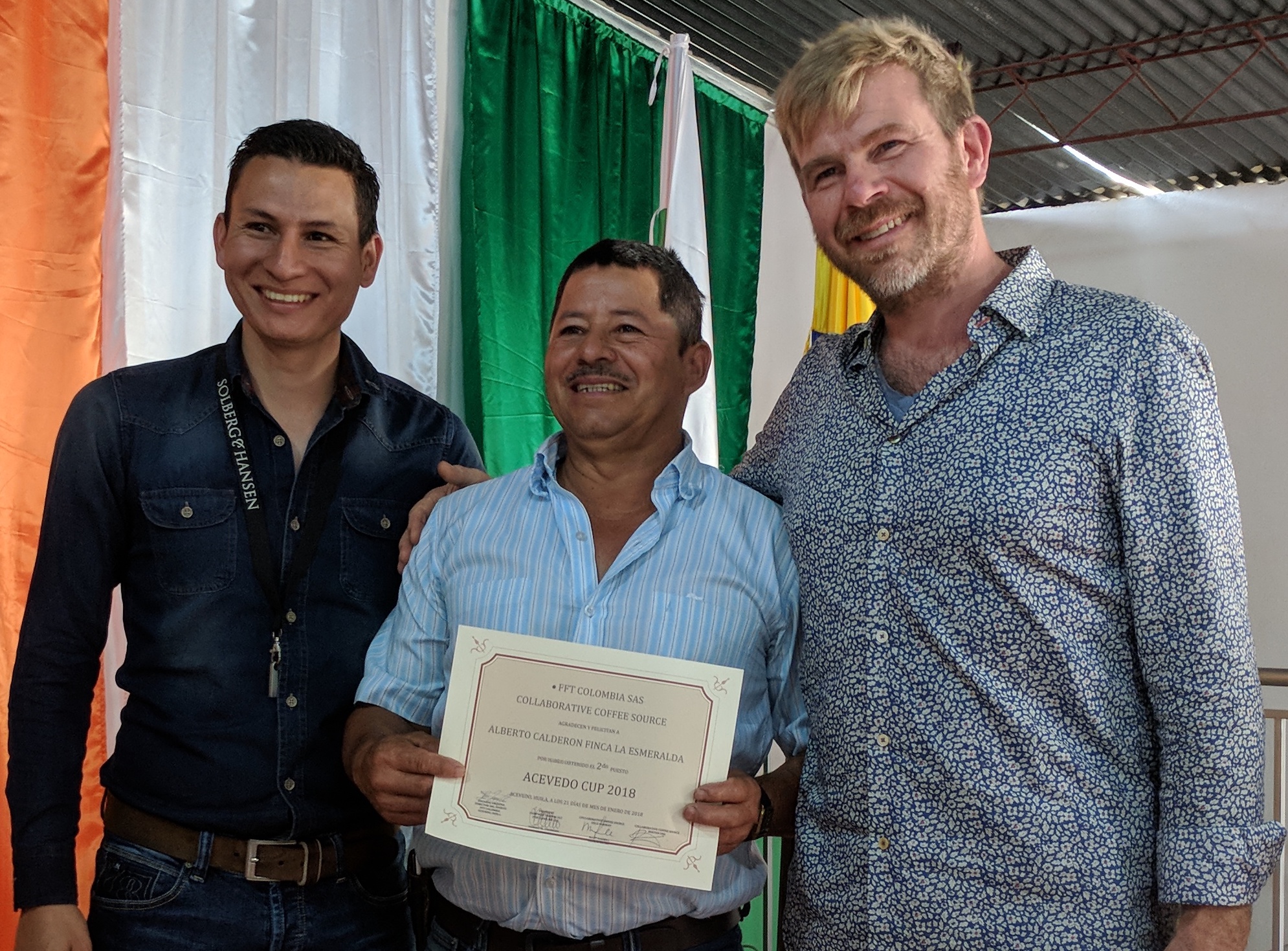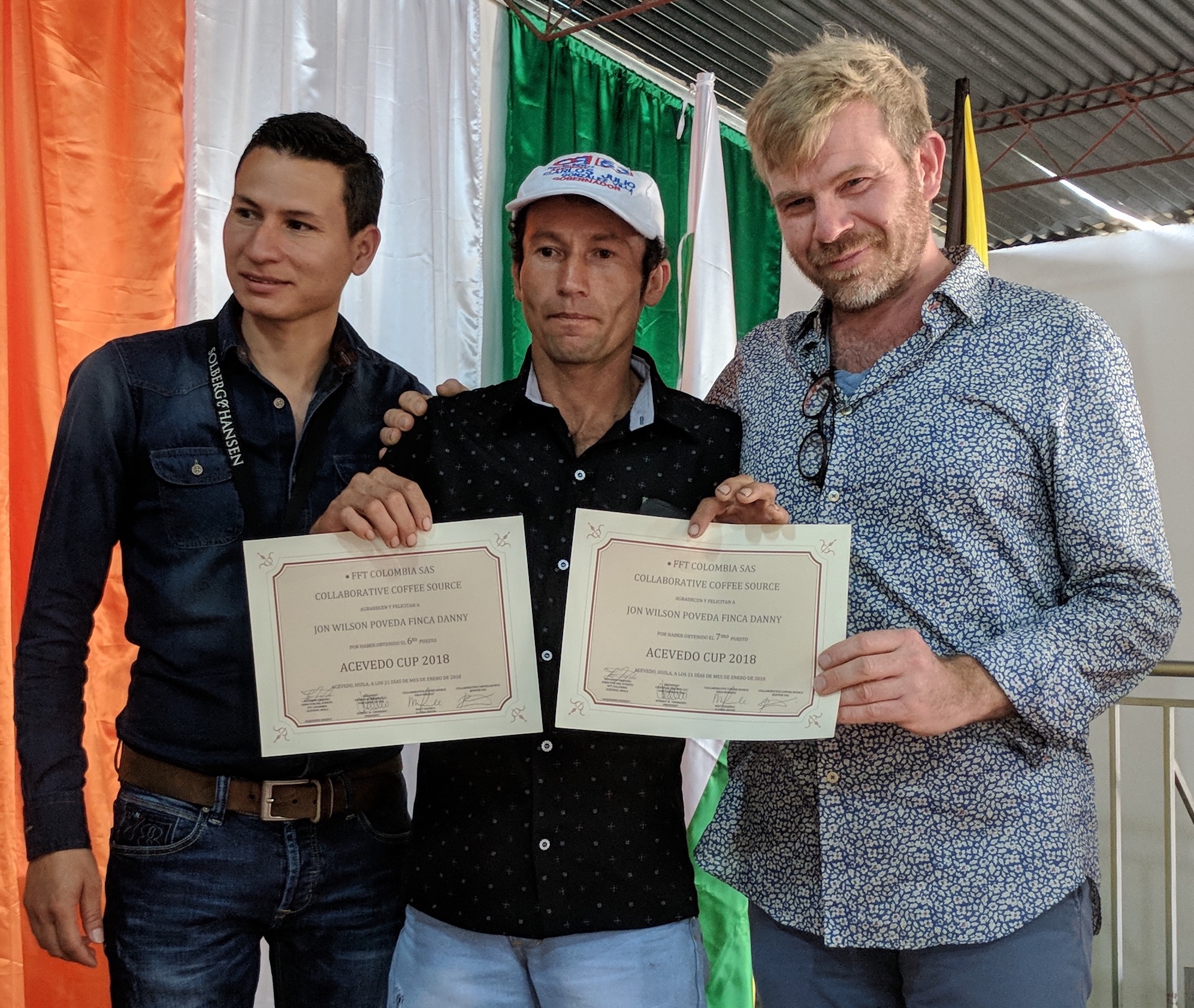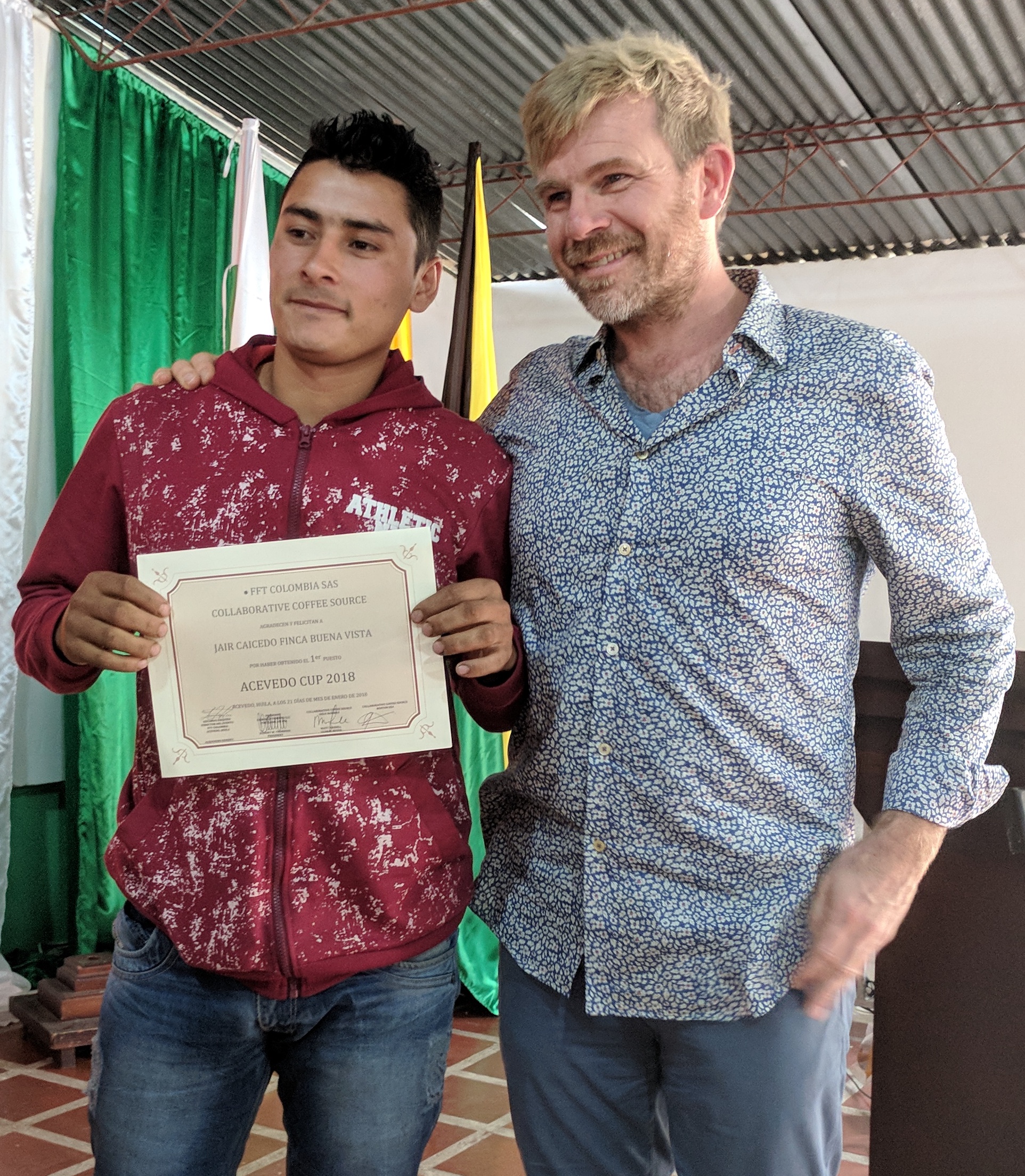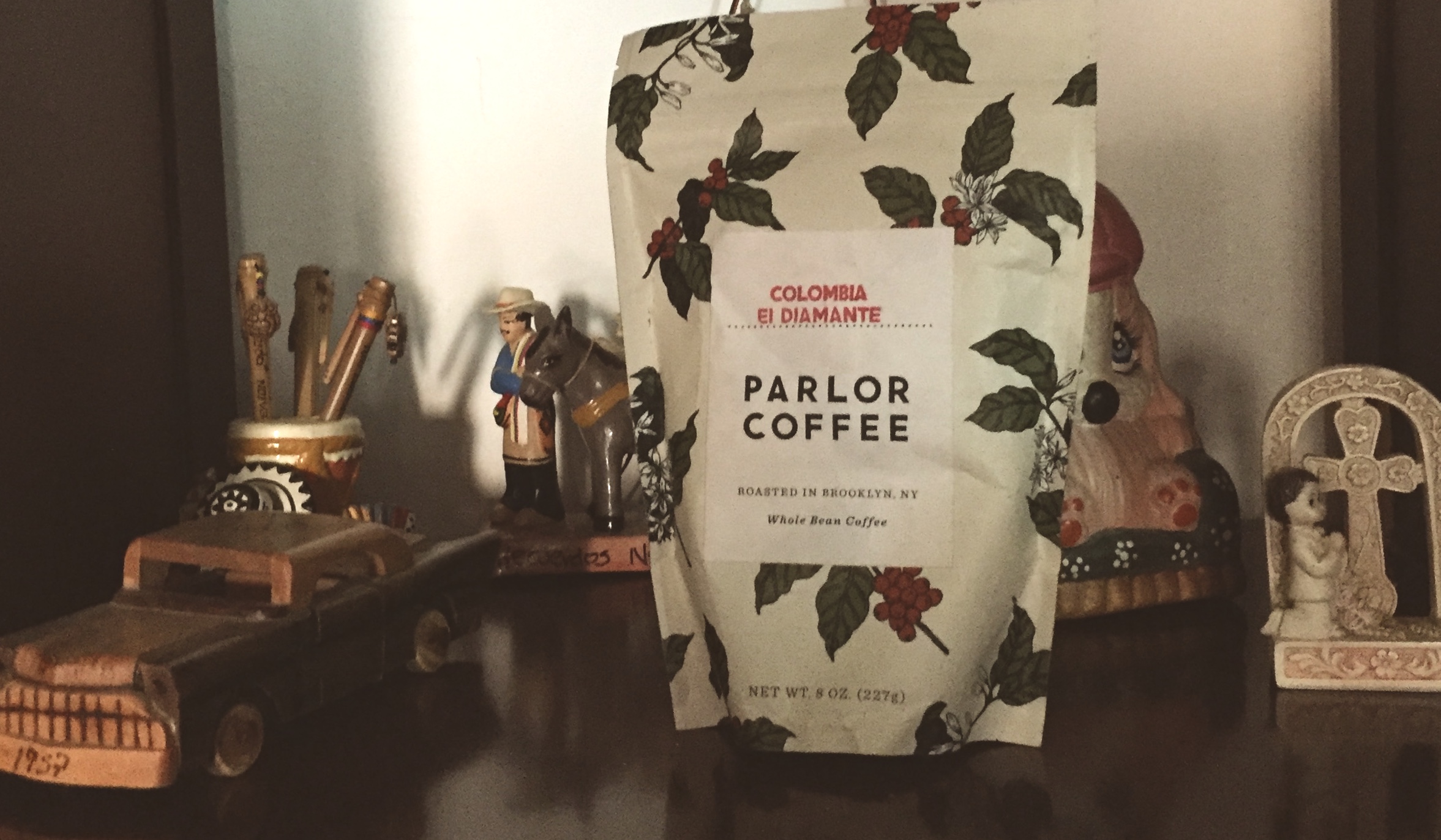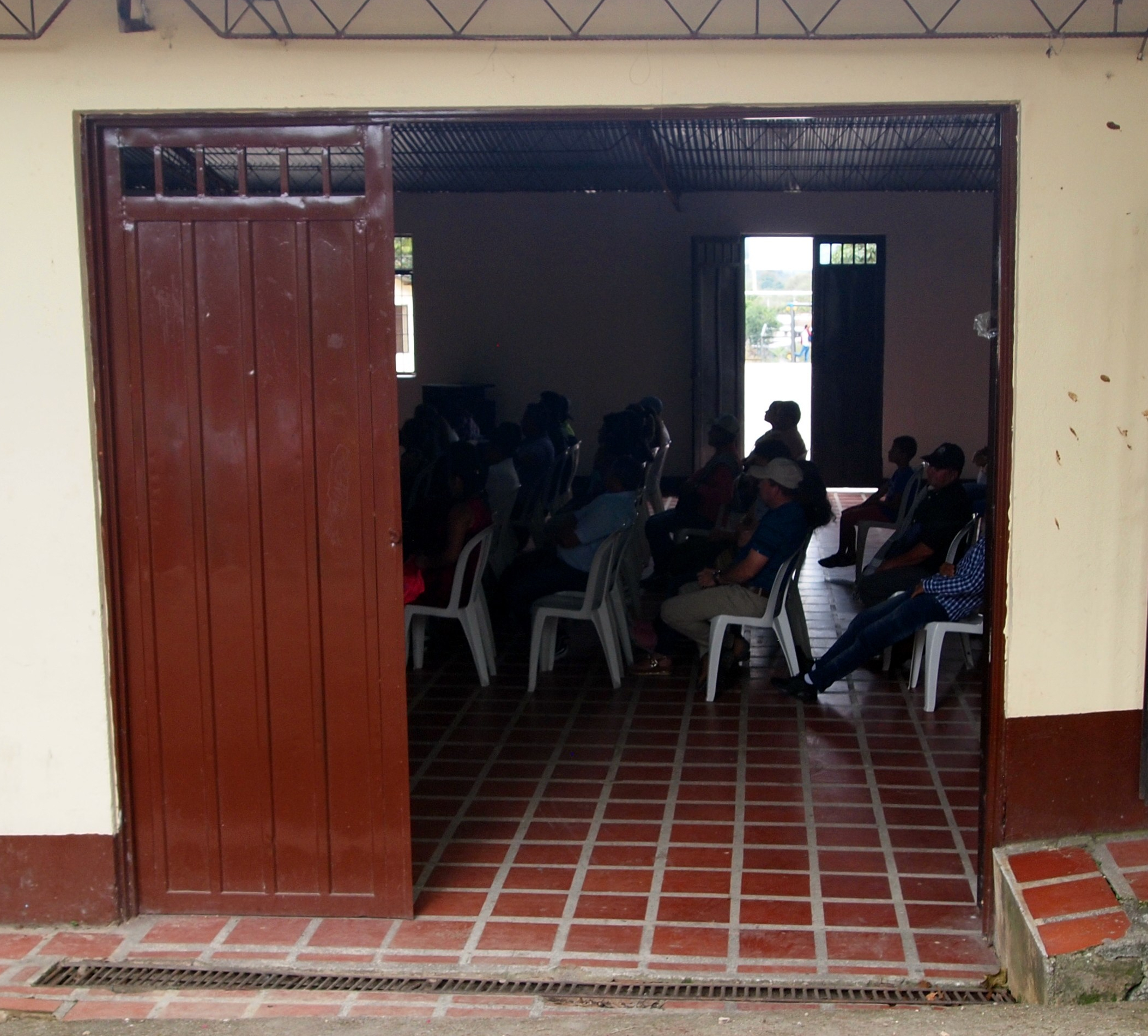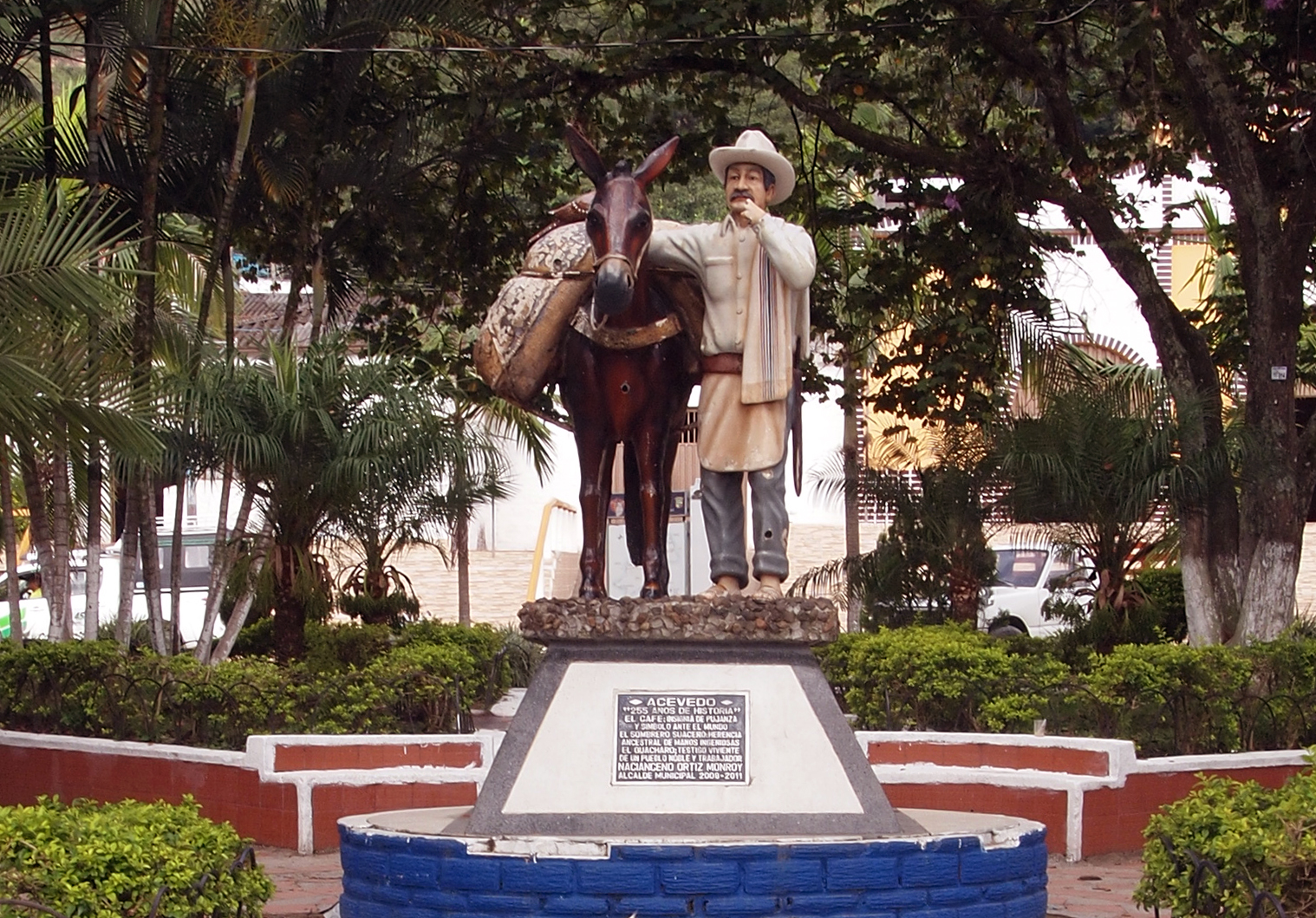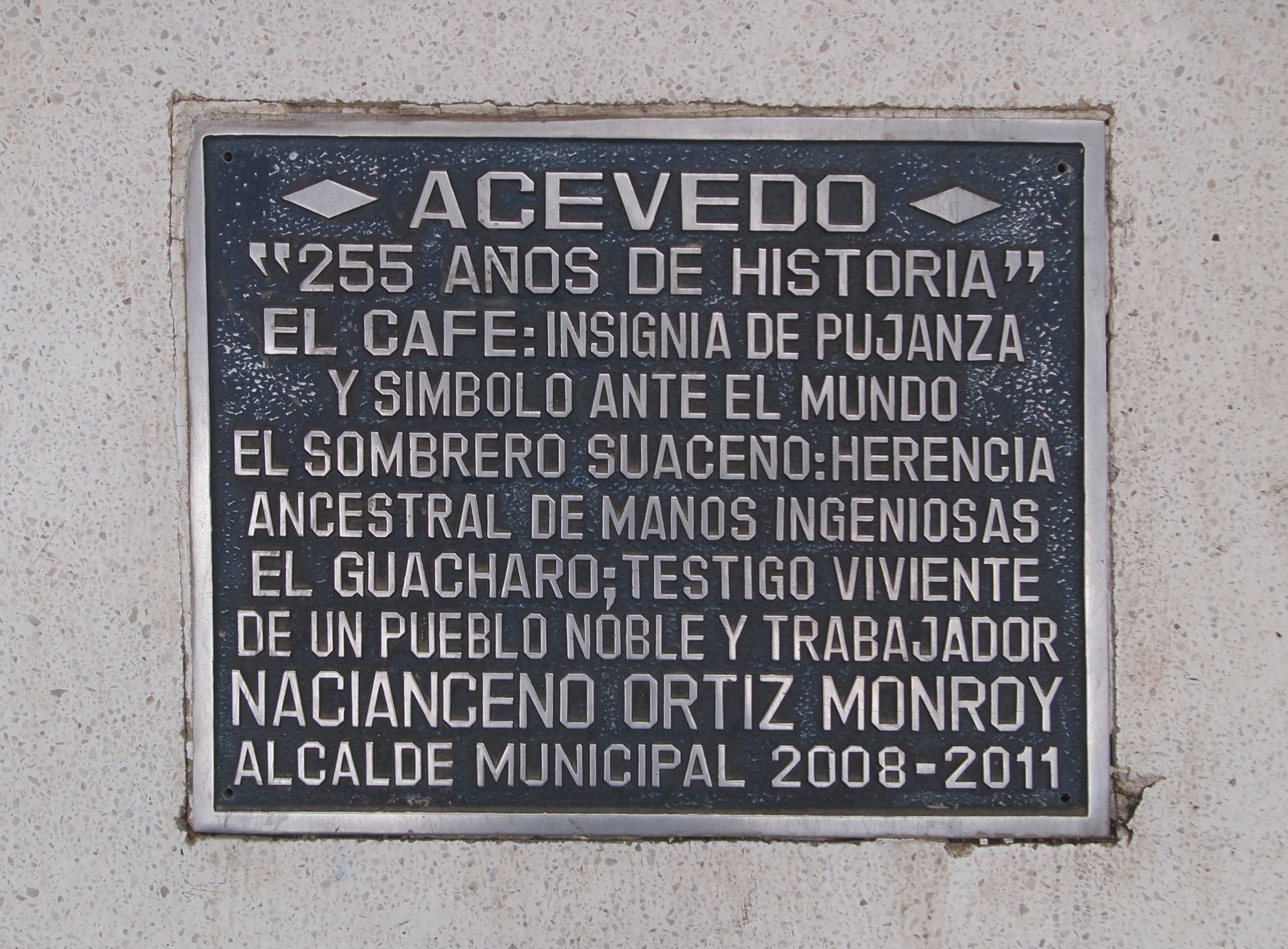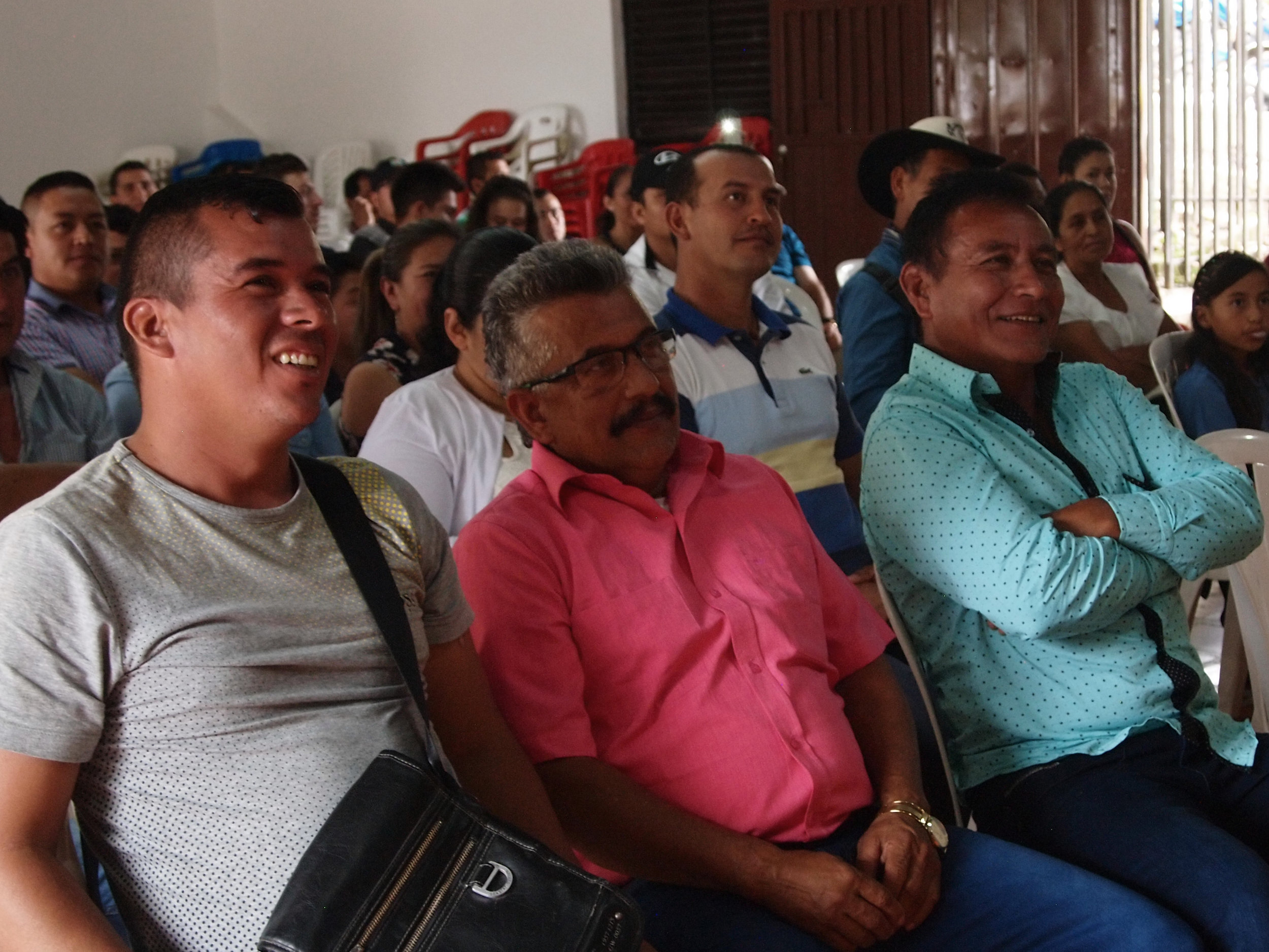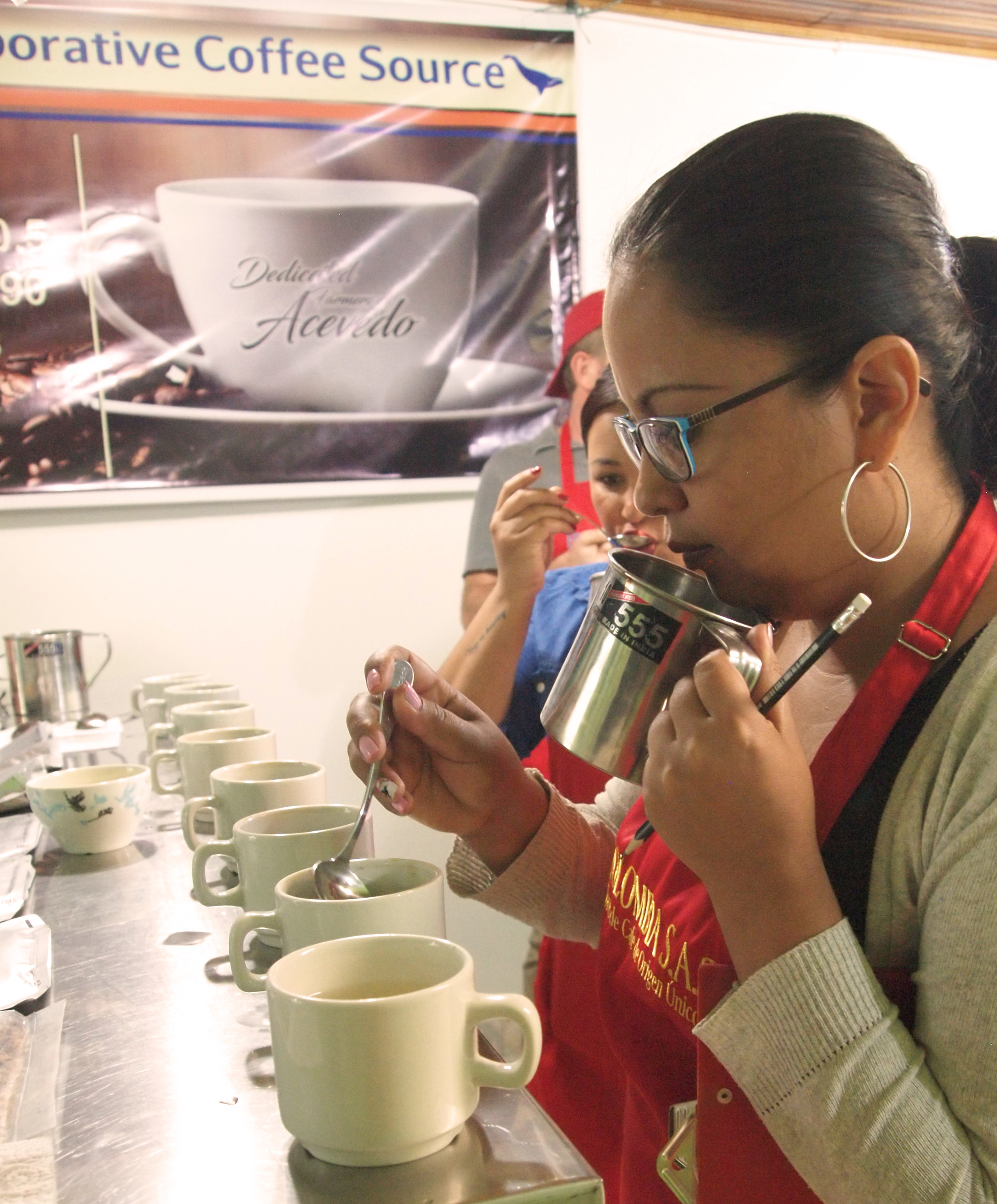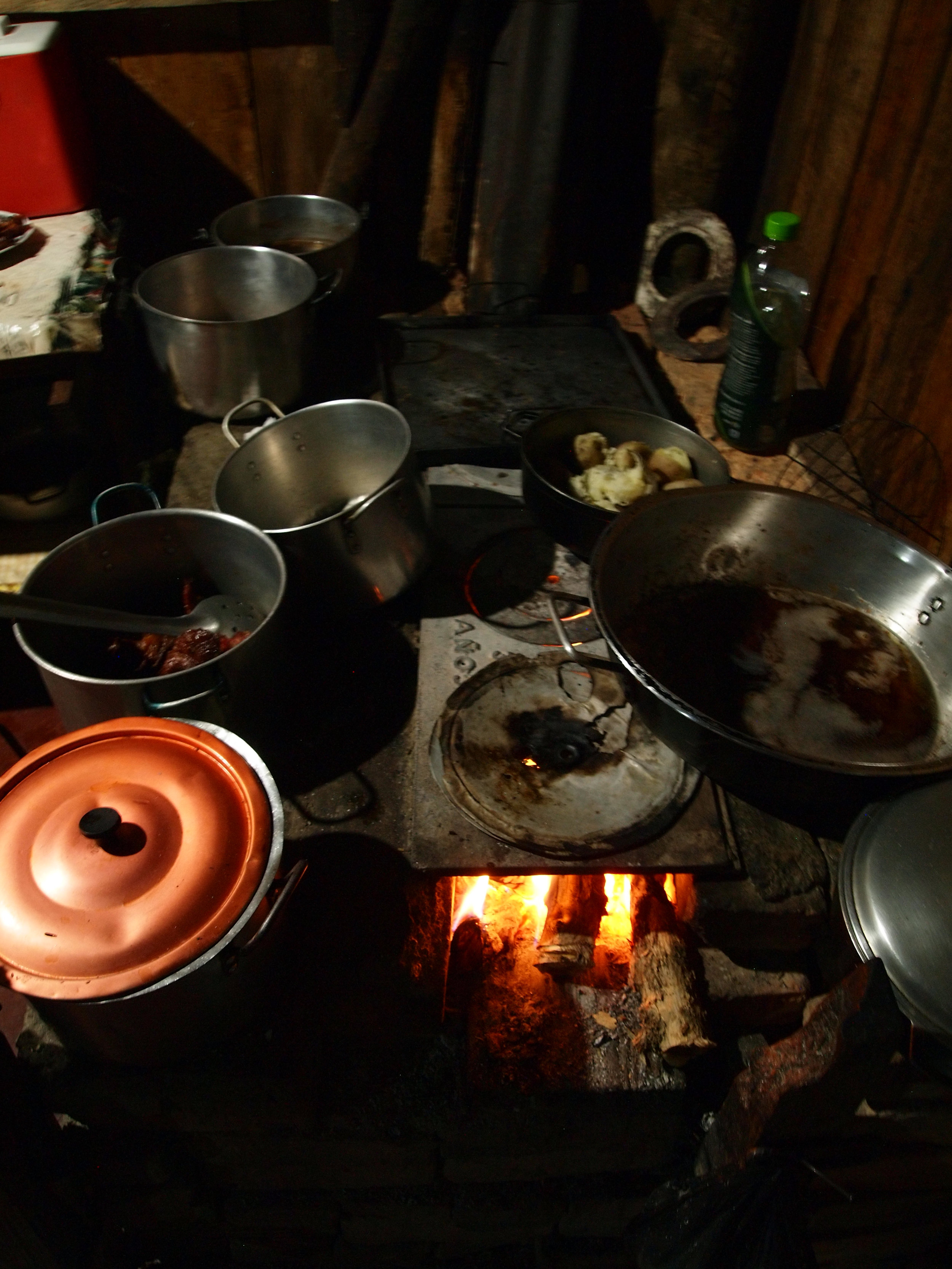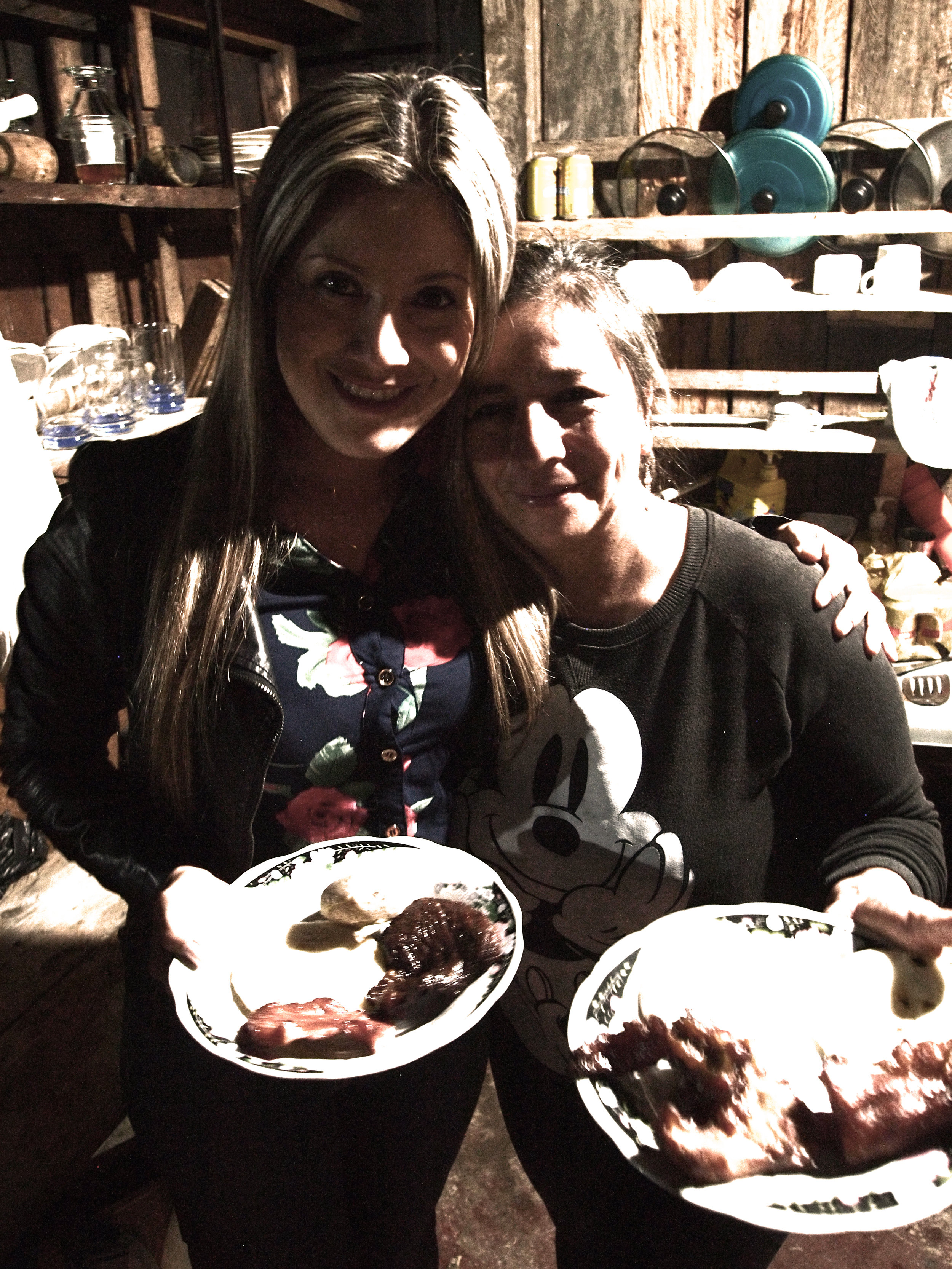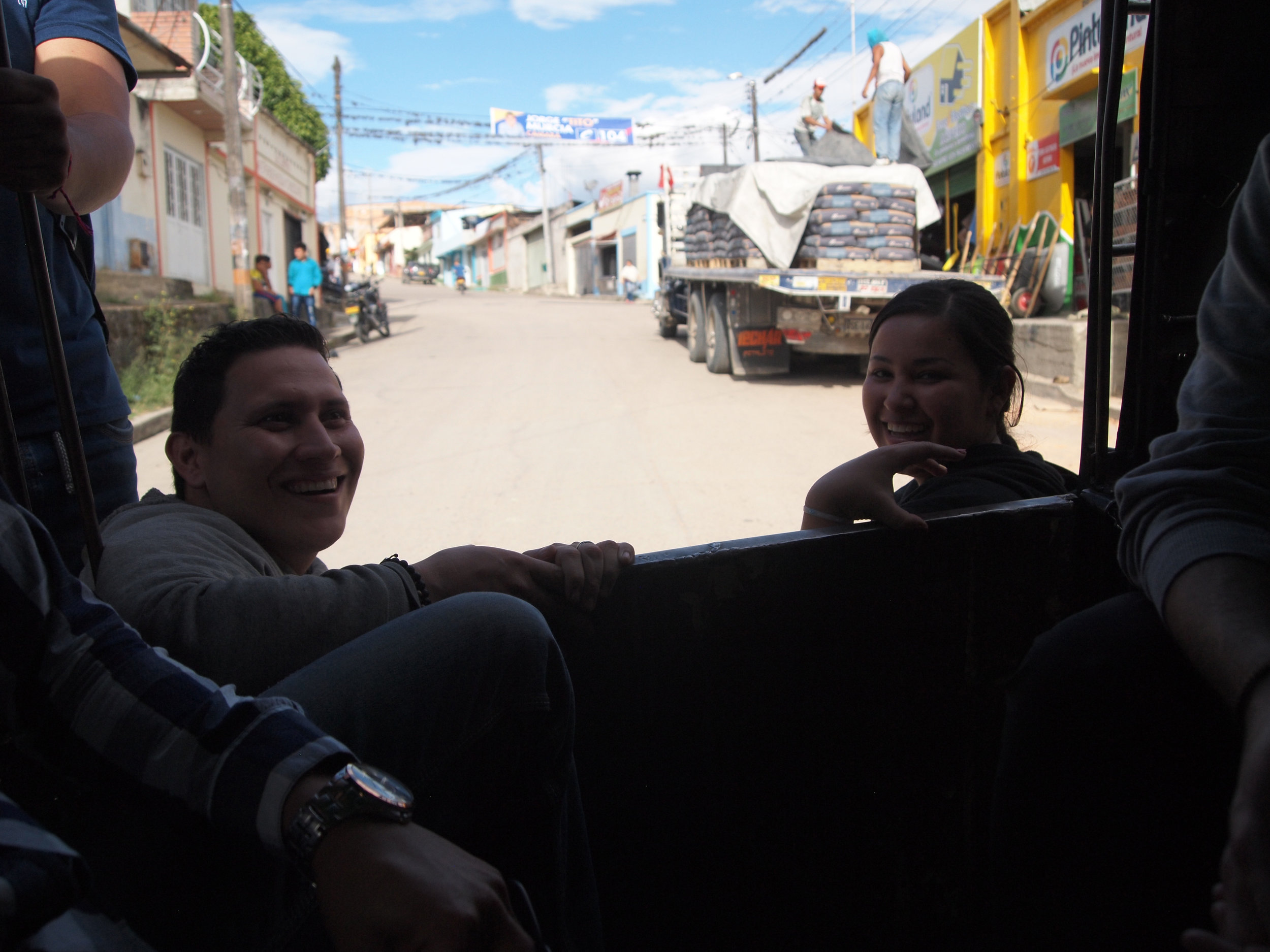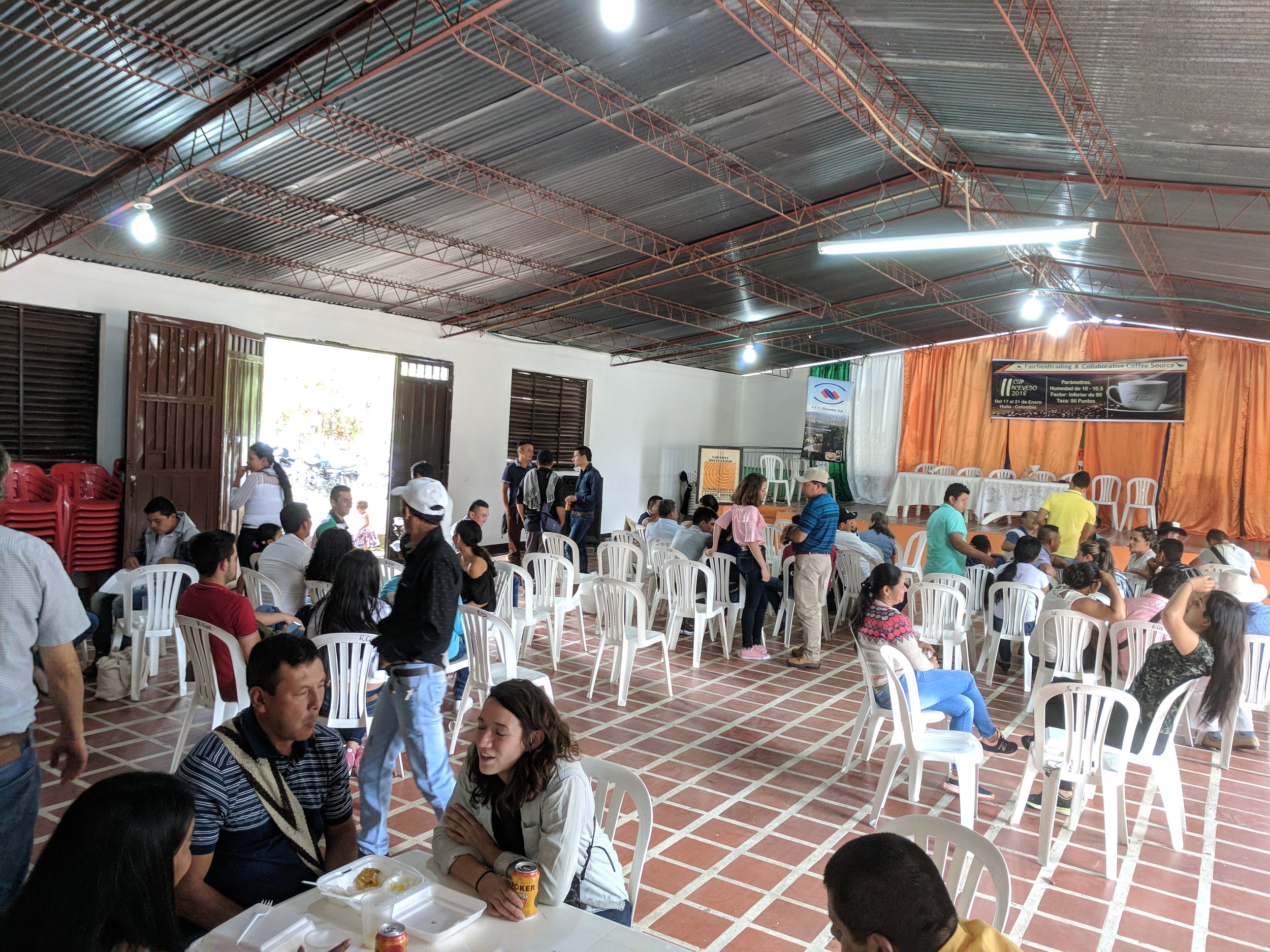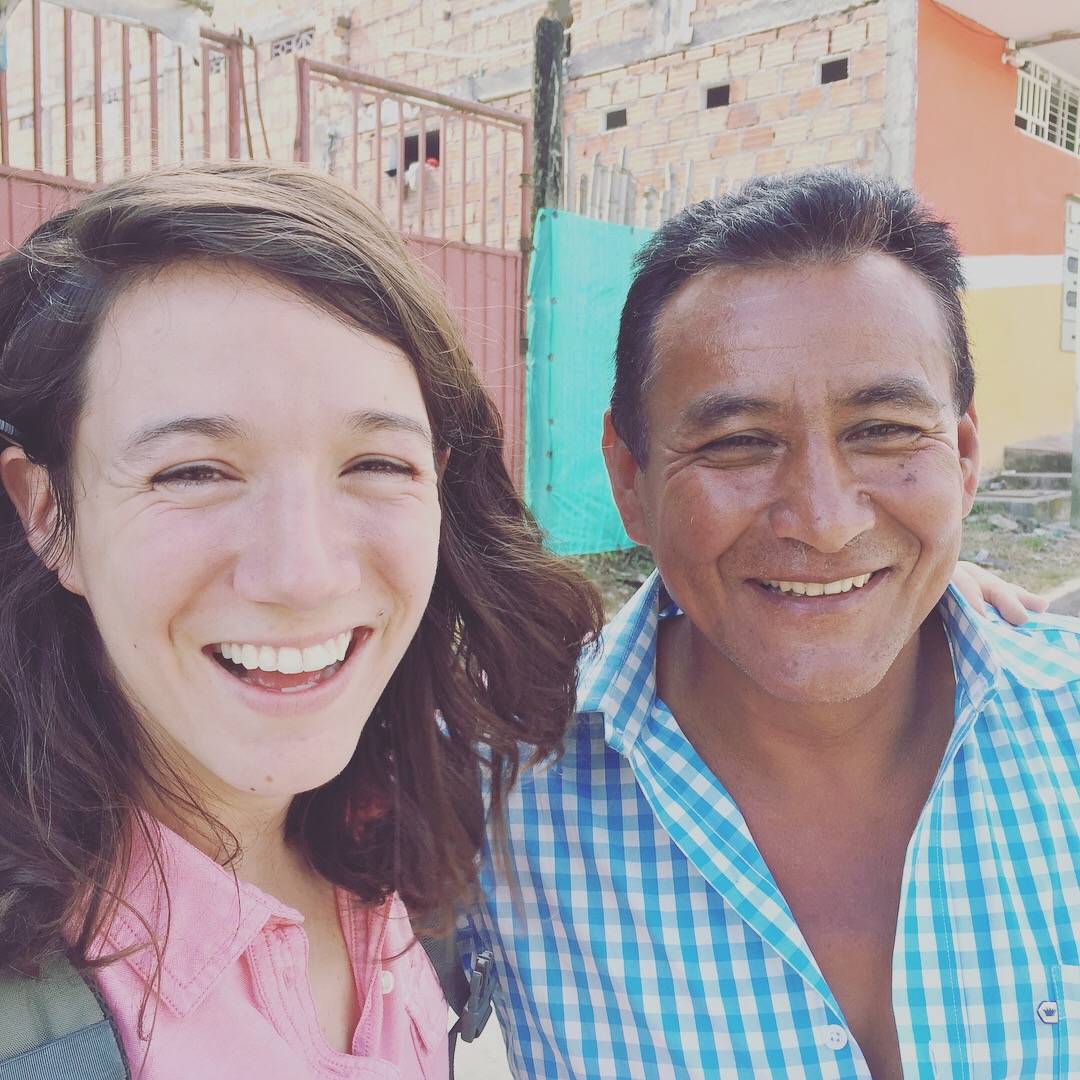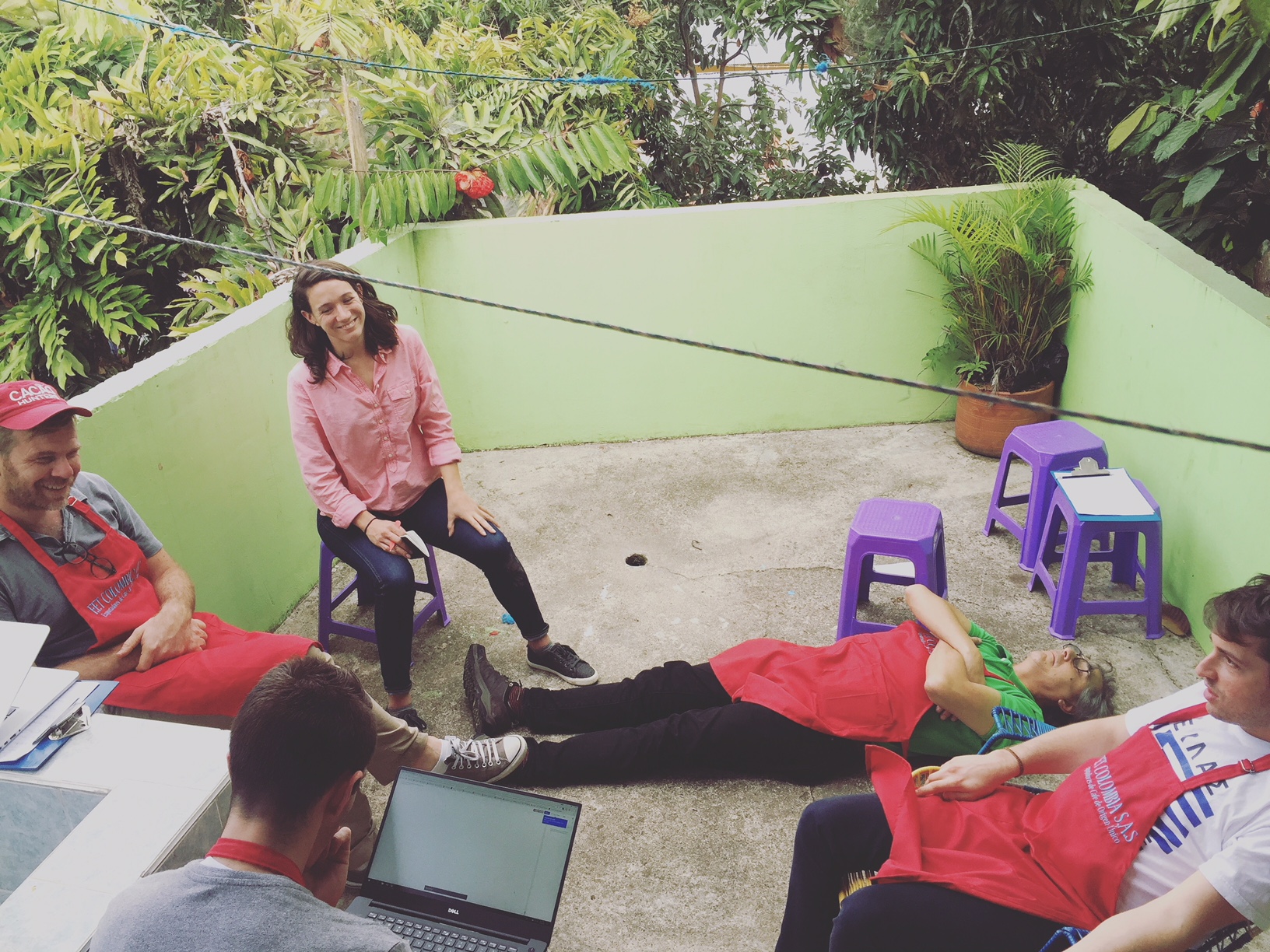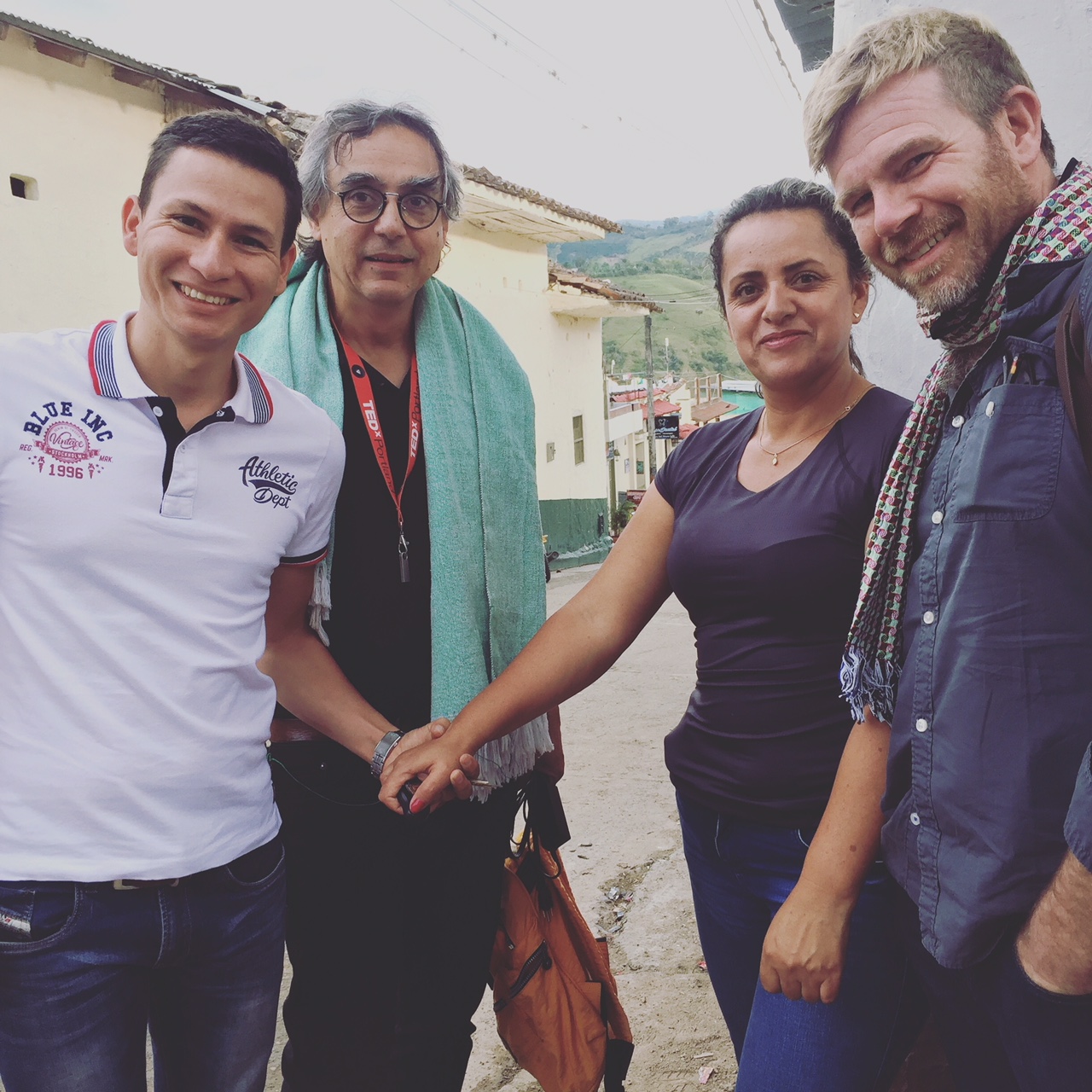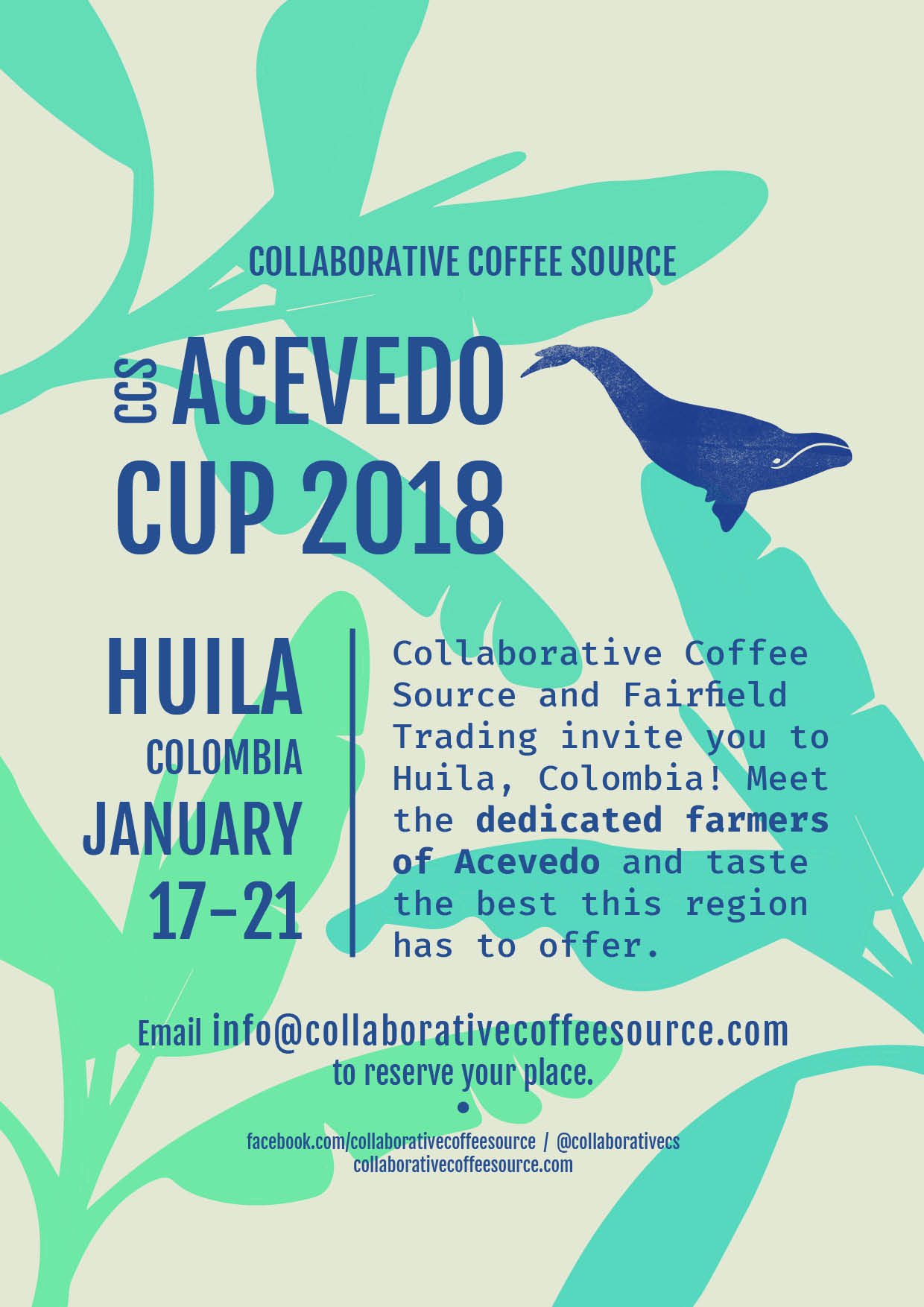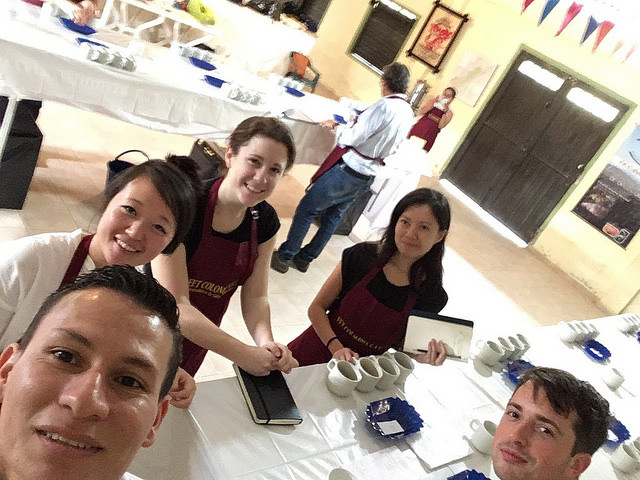The “best flavor profile” is, obviously, highly subjective. Mine changes by the hour. I often look for something smooth and chocolatey in the mornings. In the afternoon, give me something lively and exciting.
Whatever your profile, it’s likely you can find it in Colombia.
The CCS team has been all over Colombia in the last few months. On this trip we visited Nariño, Huila and Tolima as guests of our export partners, Fairfield Trading. I split this trip with Colleen, and met the team in Acevedo. We immediately packed ourselves into one of FFT’s safari-style off-road vehicles and set off for the first farm visit.
Finca Los Angeles
We soon arrived at Finca Los Angeles, home of the much-lauded Maria Bercelia Martinez. We spent time touring the farm and discussing the many upgrades and additions she has implemented since our last visit. Success, of course, does not come without hard work and innovation, and Maria is a leader in both. In addition to refining the infrastructure (drying beds, fermentation tanks, and her super-impressive custom patio), Maria is experimenting with new varietals and processing methods.
San Agustin
From Finca Los Angeles, we made our way west to San Augustin. Fairfield Trading, one of our partners in Colombia, recently purchased and renovated a storefront to become a new purchasing point. This will act as a satellite location for buying coffee, sample roasting and other quality assurance measures, and general business practices. When I say recently, I mean the last coat of paint was drying the night before we arrived! To be among the first to see the beautiful new facility was a spectacular honor. You could see how proud the FFT team was of what they accomplished, and they were so very excited to share it with us. Like their coffee, their hard work on the facility was evident, and they should be proud of the result. Best of luck, Alejandro, Sascha, Ana Beatriz, Eduardo and the rest of the team!
Welcome, clients and producers! The inauguration of the Fairfield Trading purchasing point, San Agustin, Huila, Colombia. From left to right, Stephanie and Dillon from Parlor Coffee, Alejandro of Fairfield Trading, Robert William Thoresen of CCS, and producer Maria Bercelia Martinez.
Bring on the coffees!
With a fresh boost of inspiration from the unveiling, it was time for the guest of honor – the coffee! We spent the next three days at the old purchasing point in San Augustin, cupping just under one hundred lots. Our group was a big one, with CCS customers from all over the globe including Parlor Coffee from Brooklyn, NY, Sey Coffee from Brooklyn, NY, Behind The Cup from Dubai, United Arab Emirates, Reveille Coffee from San Francisco, CA. The space was tight, but with the masterful sample roasting of Esnaider Ortega and direction of Eduardo Urquina, the operation was fantastically smooth. On the table were coffees from Huila including Acevedo (Tarqui, Baralla, and San Augustin), Valle de Cauca (Caicedonia), and Tolima (Planadas, San Antonio and Ibague). The scope of flavor profiles was impressive! The coffees ranged from soft subtle florals, to big bright citric fruits, and even super sweet chocolate/caramel.
See you in Acevedo
My time in Colombia was short, but as always, very impactful. I came away from the trip as I normally do: feeling blessed to have the opportunity to spend time and learn from some of the best coffee minds and hardest working individuals in the industry. We are all eager for these delicious coffees to make their way to your hands, and I am already dreaming of my next trip to Colombia. Luckily, the Acevedo Cup is right around the corner! Stay tuned for details.

